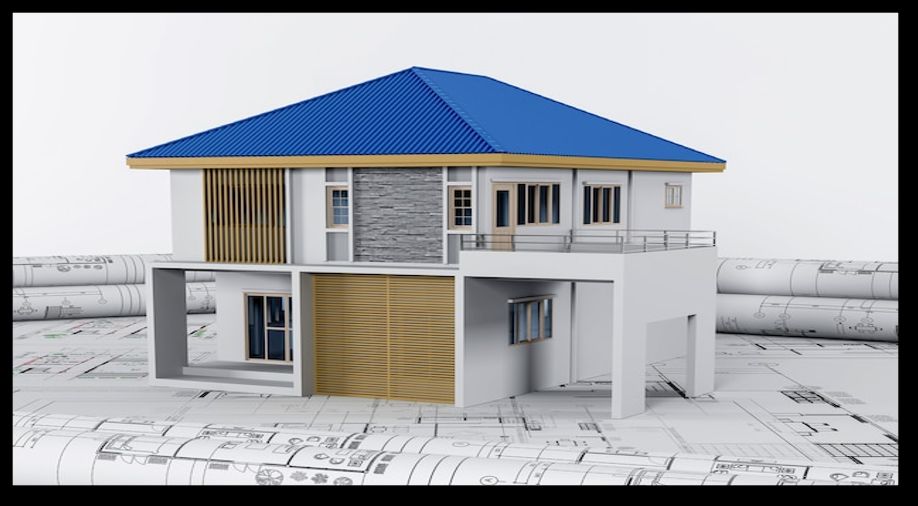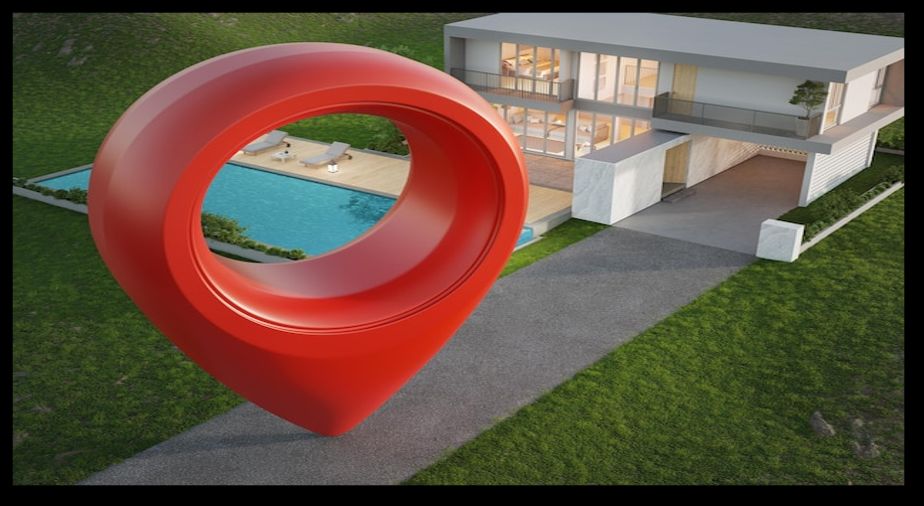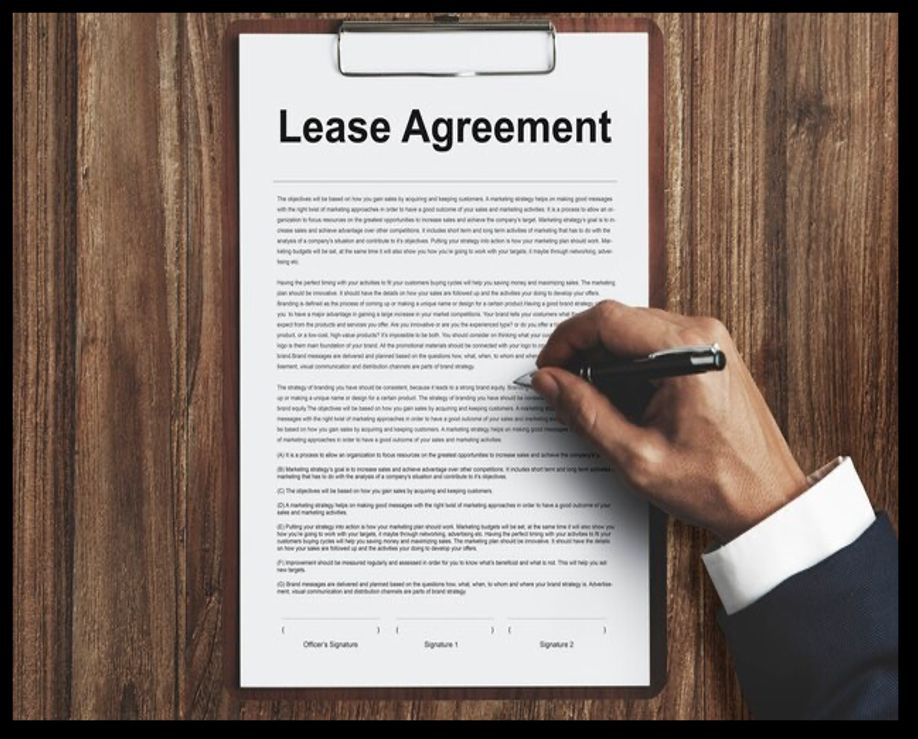Have you ever thought about buying your dream home? It’s an exciting journey, but there are some important factors to consider before diving in.
Trust me, taking the time to think about these things will help you make the best choice for you and your family. Let’s explore what you should keep in mind.
1. The Structure of the House

First, think about what kind of house you want. There are many types out there, like bungalows, apartments, cottages, and ranches.
Each structure has its own charm and fits different lifestyles. Do you want something cozy, or do you need more space? Knowing what you like will help you find the perfect home!
2. Affordability

Now, let’s talk about money. How much can you afford? This is super important because everyone earns differently.
If you’re thinking about a mortgage, it’s a good idea to look for low-interest rates. This can save you money in the long run.
Remember, just because you’re middle class doesn’t mean you can’t own a home. With the right planning, it’s possible.
3. Your Profession and Stability

What do you do for a living? Your job plays a big role in your ability to buy a house. Make sure your income is stable enough to cover your mortgage payments.
If you’re worried about money, think about whether you can handle the costs, even if things get tough for a bit.
Being secure in your job will give you confidence in your homebuying journey.
4. Calculating Your Budget

Every smart homebuyer has a budget. This helps you plan your expenses, savings, and any extra costs that come with owning a home, like property taxes and insurance.
Just like our counties have budgets, you need one too! Always remember to live within your means. This way, you can enjoy your new home without stressing about money.
5. Geographical Location of Your House

Where do you want to live? The location of your house matters a lot! Look for places with good community amenities like schools, healthcare, and shopping centers.
A great neighborhood can make a big difference in your daily life and even boost the future resale value of your property. Think about safety and convenience when choosing your spot.
6. Your Personal Status

Your personal situation is also important. Are you single, married, or do you have kids? Your family size will help you decide on the type of home you need. If you have a growing family, a small one-bedroom apartment might not be enough. Think about your future needs so that your new home can grow with you!
7. Lifespan and Condition of the House

Lastly, consider the age and condition of the house. Older homes can have vintage charm, while new homes often come with modern finishes.
Make sure to get a home inspection to see if any repairs are needed. Understanding the lifespan of a property can help you make a smart investment for the future.



